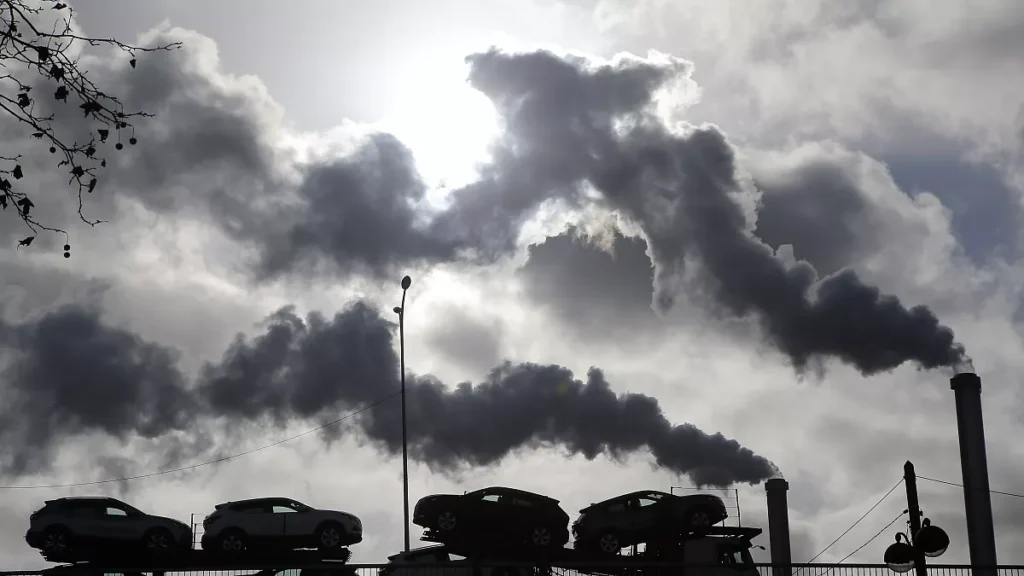### Pollution levels are still too high in the European Union (EU) and “much stricter” measures are needed to achieve the zero pollution targets by 2030, the European Commission indicated on Monday.
According to the second report on monitoring and perspectives for “zero pollution,” published by the European Executive and the European Environment Agency (EEA), as well as the fourth report on air quality perspectives, the Union records high levels of harmful noise, microplastic emissions into the environment, nutrient pollution, and waste production.
Certainly, EU policies have contributed to reducing air pollution, pesticide use, and plastic waste at sea, but the community bloc must take “stronger” measures to achieve its pollution reduction targets, notably by integrating zero pollution principles across all policies and efforts at all levels, it is noted.
In this context, promoting the EU’s circular economy will help reduce resource consumption and, consequently, alleviate pressures on ecosystems and human health, while supporting sustainable transition and the competitiveness of the EU economy, argue the authors of the reports.
**Read also: [Air pollution caused by fires is linked to 1.5 million deaths per year](https://maroc-diplomatique.net/la-pollution-atmospherique-causee-par-les-incendies-est-liee-a-15-million-de-deces-par-an/)**
These documents emphasize the need for member states to fully implement and enforce EU environmental legislation to achieve the zero pollution targets by 2030.
The two reports are accompanied by the first “zero pollution” dashboard, which shows the progress made by EU regions and all capitals in cleaning the air, water, and soils. According to this dashboard, 15 regions in Austria, Finland, France, Germany, and Sweden currently have the lowest pollution levels.
“European citizens want clean air, water, and soils, as well as safe chemicals, to protect their health and environment. But businesses and farmers also need a clean environment to thrive,” said Jessika Roswall, European Commissioner for the Environment, Water Resilience, and a Competitive Circular Economy, in this regard.
“We are heading in the right direction, but challenges remain,” she assessed, calling for a focus on better implementation of EU policies on the ground in member states. “Only rapid and ambitious implementation of our policies will allow us to create a better living environment for all,” assured the official.
The EU launched the “zero pollution” action plan in 2021 with key objectives to accelerate the reduction of this scourge. As part of this plan, the European Commission has launched nine flagship programs and 33 specific actions to prevent and reduce pollution, including the “zero pollution for cleaner air and water” package.
Pollution significantly contributes to a range of health problems and premature deaths, Brussels claims, highlighting the existence of “obvious inequalities” in terms of exposure to pollution and its effects.
“Citizens from the most disadvantaged socio-economic groups tend to be more exposed to pollution, and vulnerable groups such as children and the elderly are also disproportionately affected,” it is emphasized, noting that pollution-related deaths and illnesses are all “largely avoidable” through reducing pollution levels, which is also one of the main threats to biodiversity.


